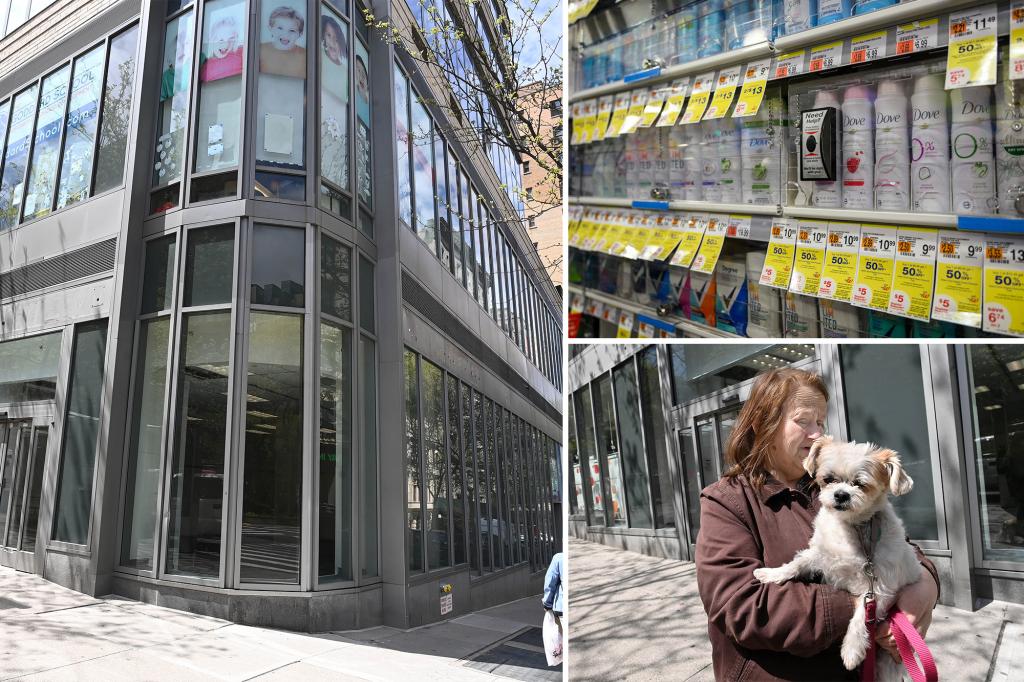New York City is facing a surge in retail theft, with Gotham logging 21,578 shoplifting complaints through May 12, up 5% from the same period last year. Manhattan alone has seen 8,896 incidents of retail theft. The rise in crime has led to national chains like Target, CVS, and Walgreens closing locations and scaling back expansion plans. Target cited theft as a reason for closing nine stores, including one in Harlem, at the end of last year. The increase in theft has also impacted the retail landscape, with smaller drugstores struggling to compete with larger chain stores.
Retail theft has nearly doubled in NYC over the last six years, climbing steadily from 32,254 complaints in 2017 to 37,922 in 2019. The number dipped during the height of COVID-19 in 2020 but increased again from 2021 to 2023, reaching 59,137 complaints. The climate of increased theft has made it difficult for big drugstores already in the process of downsizing. Walgreens and CVS are reducing their national footprints by closing hundreds of stores each. Locally, drug store companies are shuttering locations in Manhattan, with many spaces put up for sublease. Rite Aid also plans to close stores as part of its bankruptcy proceedings.
Former NYPD sergeant Joseph Giacalone believes one of the issues with the rise in crime is that politicians have not addressed retail theft effectively. He argues that by downgrading the severity of these crimes, politicians have allowed the situation to escalate. The impact of the closures extends beyond just the loss of retail outlets as jobs are lost, residents are inconvenienced, and communities experience a decline in the quality of life. Mayor Eric Adams emphasized the importance of maintaining local businesses and the impact of closures on the community.
Retail brokers in New York City have noticed a shift in the retail landscape as theft continues to be a prevalent issue. Older, smaller drugstores are struggling to compete with larger chain stores like Walgreens, CVS, and Rite Aid. This has resulted in closures and downsizing, with locations put up for sublease. The trend of retail theft is affecting both national chains and smaller local businesses, leading to job losses and inconvenience for residents. The impact of these closures is felt on a long-term basis, affecting the overall quality of life in the community.
Despite the challenges posed by retail theft and subsequent store closures, efforts are being made to address the issue. The NYPD recently added retail theft to its crime-tracking CompStat reports, signaling a recognition of the problem. Retail theft is now being tracked more closely, which could help in developing strategies to combat the issue. It is essential for both law enforcement and policymakers to work together to address the root causes of retail theft and its impact on businesses and communities. By addressing these issues effectively, steps can be taken to mitigate the impact of retail theft and prevent further closures and job losses in New York City.


